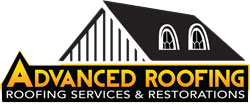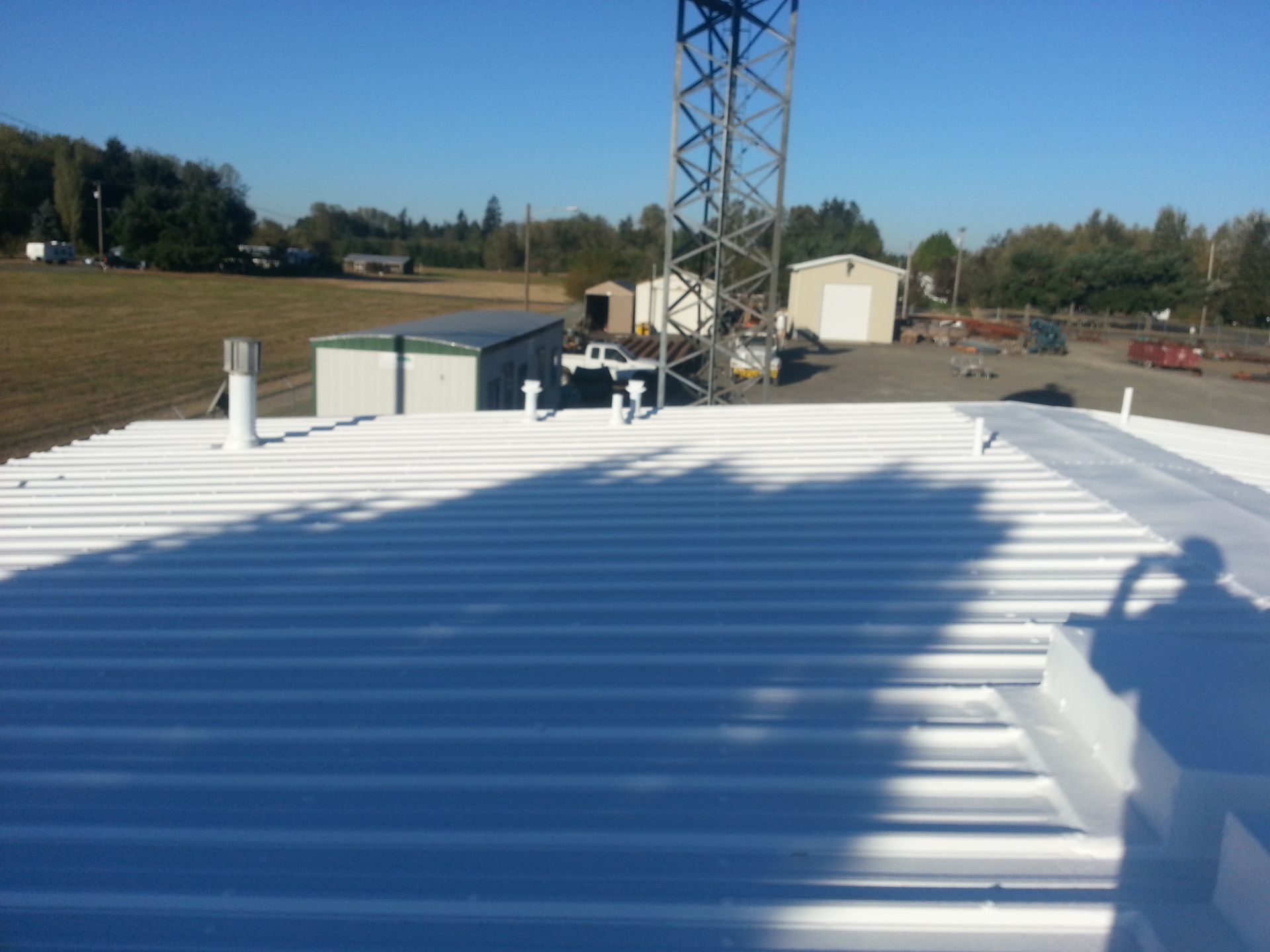Types of Roofing Materials Our Experts Are Excited to Help You With
No matter the type of roofing material you’re looking for, our experts at Advanced Roofing can help. Since 1980 the Advanced Roofing team has provided exceptional roofing repairs, replacements, and new construction installations for homes and businesses throughout Vancouver, WA, Portland, OR and all the surrounding areas. We are dedicated to giving you the best roofing solutions, with quality materials and a clean and concise crew throughout the project. Give us a call today to get started on your roofing project, or request your Free Quote Now!
Asphalt Shingles
Composition shingles offer a classic and durable choice for your roof. With a fiberglass reinforcing mat, they provide excellent protection because these shingles are installed over an underlayment, providing temporary weather protection and a secondary barrier against moisture. If you’re looking for an expert to help you choose the right asphalt shingles for your home or commercial property, call Advance Roofing today.
Metal Roofing
There are three main types of metal roof systems for homes and businesses with steep-slope roofs: architectural metal panels, structural metal panels, and metal shingles/shingle panels. Architectural panels are ideal for steep slopes and quickly shed water. Structural panels work well for low and steep slopes, providing a watertight solution. Metal shingles offer a variety of shapes resembling traditional roofing materials, giving your property a unique and durable roof covering.
Benefits of Choosing Metal Roofing
Long-lasting durability
Excellent resistance to fire
High resistance to extreme weather conditions
Low maintenance requirements
Energy-efficient, helping to reduce heating and cooling costs
Environmentally friendly, often made from recycled materials
Lightweight and easy to install
Versatile in design and available in various styles and colors
Increased property value
Potential insurance savings due to the roof's durability and fire resistance.
Flat Roofs
Whether it's a new or old building, residential or commercial, Advanced Roofing has the expertise to cover your roofing needs. They offer the best materials in the industry at competitive prices. Choose from their top-notch flat/low slope roofing systems. The systems include Single-Ply Membranes and Roof Coating Systems. These systems have three key components: weatherproofing layers, reinforcement for strength, and surface for protection. Advanced Roofing specializes in flat and low-slope roofs for various structures like churches, offices, and warehouses, ensuring the best protection for your roof.
Roof Coatings
Let the roofing experts at Advanced Roofing help with any roof repair, replacement or new installation in Vancouver, WA, Portland, OR, or the surrounding areas. Call Now!







